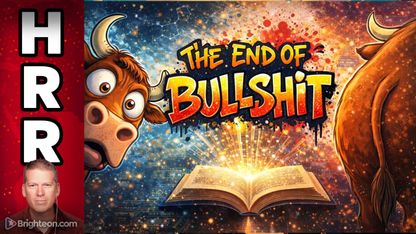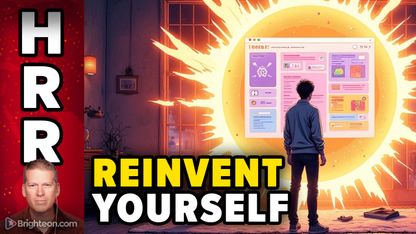
CDC researchers looked at the agency's Behavioral Risk Factor Surveillance System to analyze how adults answered a 2020 survey about whether they've been diagnosed with a depressive disorder by a health professional — and nearly 400,000 respondents in all 50 states and Washington D.C. responded to the question on depression.
The study published in the CDC's June 16 Morbidity and Mortality Weekly Report (MMWR) noted that in 2020, 18.4 percent of U.S. adults reported having been diagnosed with depression in their lifetime by a healthcare provider. Higher rates of depression were found in women, young adults aged between 18 and 24 and adults with lower education levels.
It also found that depression rates vary substantially by state, with those in the Appalachian and southern Mississippi Valley regions registering high rates. Of all the areas surveyed, Hawaii registered the lowest depression rate at 12.7 percent.
West Virginia took the top spot, with 27.5 percent of residents being diagnosed with depression. It was followed by Kentucky, Tennessee, Arkansas, Vermont, Alabama, Louisiana, Washington, Missouri and Montana.
Researchers from the public health agency noted that the variation in depression might also reflect the influence of social determinants of health in counties and states, including economic status and differences in access to health care. They wrote: "For example, adults in the Appalachian region tend to have lower incomes, higher poverty rates and lower education levels, all of which can negatively affect health and well-being."
Incidentally, the period of the CDC's study coincided with the Wuhan coronavirus (COVID-19) pandemic and lockdowns to curb the spread of the disease. The draconian health measures confined many to the four corners of their homes.
"The fact that Americans are more depressed and struggling after this time of incredible stress and isolation is perhaps not surprising," said American Psychiatric Association President Dr. Rebecca Brendel back in May 2023.
"There are lingering effects on our health, especially our mental health, from the past three years that disrupted everything we knew."
COVID-19 pandemic contributed to rise in depression
A July 2011 study published in Prevention Science noted that depression is a major contributor to disability, economic costs, morbidity and mortality in the United States. It also mentioned that while depression is a "consequential public health problem" in the country, both psychology and psychiatry have focused their efforts in treating rather than preventing it.
Meanwhile, a Gallup poll that surveyed more than 5,000 people also found an increase in the number of patients being treated for depression. From 13.8 percent of respondents being treated for current depression in 2020, this number rose to 17.8 percent in 2023 – a full four-point increase. The number of respondents being treated for lifetime depression also increased from 22.9 percent in 2020 to a full 29 percent in 2023.
Clinical depression had been slowly rising in the U.S. prior to the COVID-19 pandemic but has jumped notably in its wake. (Related: Top 7 ways to snap out of depression and isolation turmoil stemming from the pandemic.)
Fear of infection, lockdowns, social isolation, elevated substance abuse, disruptions in mental health services, loneliness and psychological exhaustion – particularly among front-line responders, such as healthcare workers – have all likely played a role.
While experiences of significant daily loneliness have subsided in the past two years amid a slow return to normalcy, elevated loneliness experiences during the pandemic likely played a substantive role in increasing the rates of the longer-term, chronic nature of depression.
Watch this video about treating depression naturally.
This video is from the Holistic Herbalist channel on Brighteon.com.
More related stories:
Healthy habits and mental health well-being.
Health basics: The top foods that cause depression.
Foods that can help counter depression.
Forget Prozac – Try probiotics to ease anxiety, curb depression and elevate mood.
Sources include:
Please contact us for more information.






















